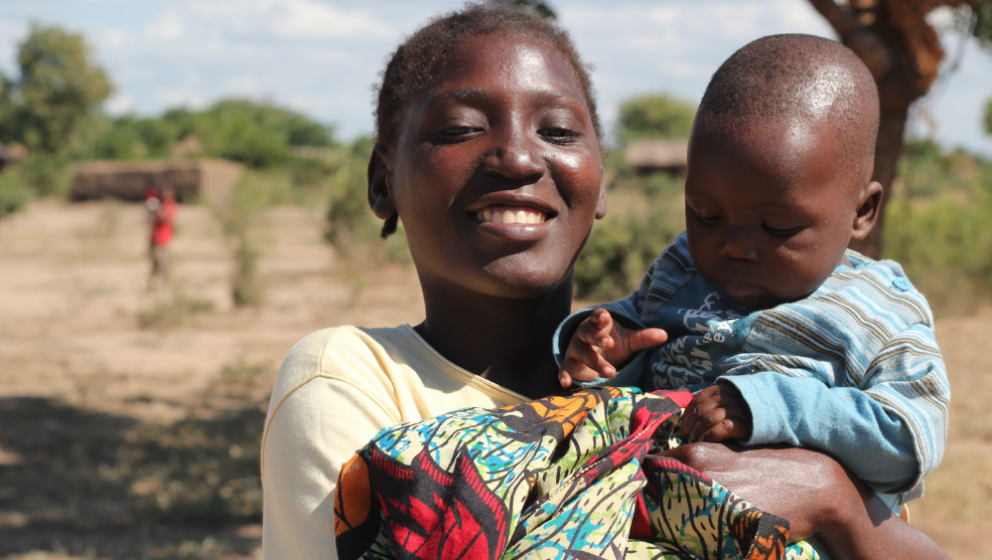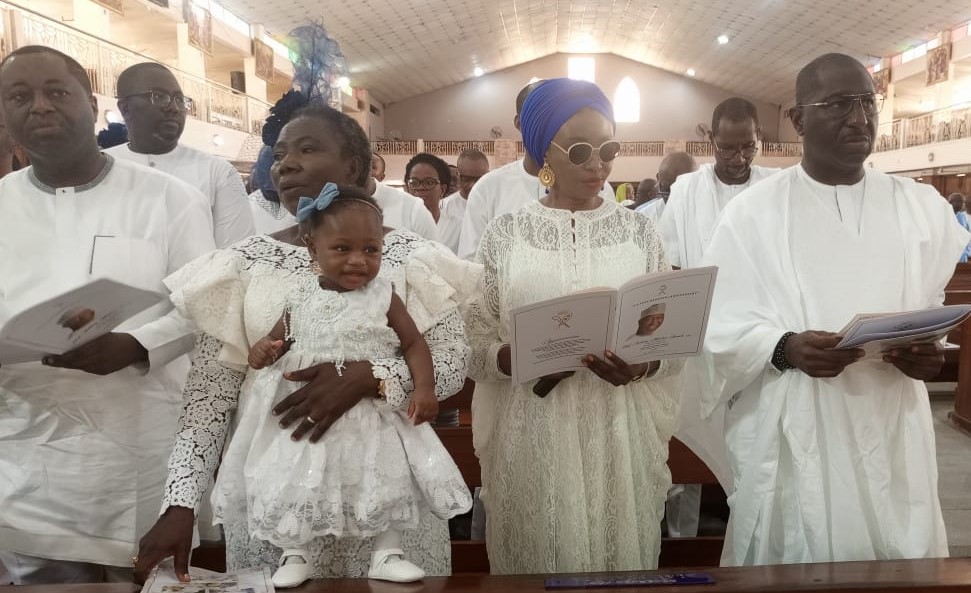Mother with baby. Sub-Saharan Africa has the highest maternal mortality rate in the world due to poor access to sexual reproductive health services. Copyright: Lindsay Mgbor/Department for International Development
Listen on Apple PodcastsListen on SpotifyListen on Google PodcastsListen on StitcherListen on OvercastListen on Amazon MusicListen on CastboxListen on Podcast AddictListen on Pocket CastsListen on iHeartRadioListen on PandoraRSS Feed
Season 4, Episode 11
Access to sexual and reproductive health services is a human right, but for millions of women and girls in Sub-Saharan Africa it is lacking. Consequently, the region has the highest maternal mortality rate in the world with 545 deaths for every 100,000 live births, according to the United Nations children’s agency UNICEF.
In this episode of our Science Explained series, reporter Michael Kaloki speaks with Tlaleng Mofokeng, the UN Special Rapporteur on the right to health. She talks about what needs to be done to change the cultural norms in communities where abortions are stigmatised, to avoid putting the lives of mothers and babies at risk.
We also hear from Magda Robalo, president and co-founder of the Institute for Global Health and Development, in Guinea–Bissau, about ways to promote access to sexual and reproductive healthcare for women and girls.
Advertisement
————————————————————————————————————
Do you have any comments, questions or feedback about our podcast episodes? Let us know at [email protected]
Africa Science Focus is produced by SciDev.Net and distributed in association with your local radio station.
Advertisement
This piece was produced by SciDev.Net’s Sub-Saharan Africa English desk.
This article was originally published on SciDev.Net. Read the original article.
Advertisement
Add a comment






